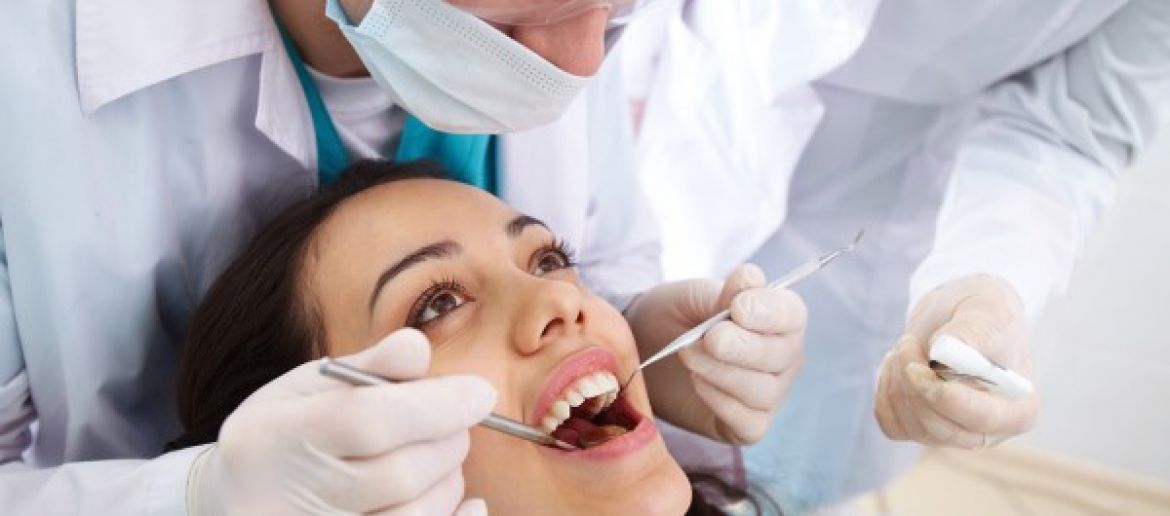Teeth and jaw, as bone parts or joints, belong to the entity of the body. Osteopathy aims to take care of the patient as a whole and assumes that an imbalance on one part of the body will affect one or all of the structures. Little known and often neglected “dental” osteopathy must be mastered by any osteopath and can bring you in comfort or even treatment in parallel with the management of dental or orthodontic.
The extraction of wisdom teeth
The extraction of wisdom teeth can be done in two different ways: either by general anesthesia or local anesthesia. But in any case, the dentist must open a very large mouth to be able to remove these teeth located after the molars deep in the mouth.
Osteopathic jaw dislocation
The dislocation of the jaw can occur during the extraction of wisdom teeth, especially under general anesthesia, because the wisdom teeth removal dentist will force the opening of the jaw to access the teeth. Do not blame him; they are enough teeth and sometimes very difficult to remove.
Is there an ideal age to remove a wisdom tooth?
The wisdom teeth usually erupt around the age of 18, but some eruptions can be seen at very late ages, 40, 50, and even 70 years, which some have mistaken for third teeth
It is generally believed that the younger a tooth is in evolution, the easier it will be to extract because the roots are not fully formed, and the bone tissue is more malleable than when the eruption is completely complete. This is the reason why an extraction between 18 and 25 years represents the ideal moment to benefit from the surgery, which will be facilitated by a favorable environment. The cure will be much faster also.
Who can do these extractions? Dental surgeon or stomatologist?
Beforehand, a panoramic radio can be a good indicator of the probable level of difficulty of the planned extraction. Everything is a question of age: the more the wisdom tooth will be “young” between 18 and 25 years, the extraction can be performed without problem by a dental surgeon, after this window of age the problem becomes more delicate, the bone is harder, the tooth sometimes stiff in the bone and requires a longer and more delicate surgery that can be a big problem for a dentist if he does not perform these procedures frequently. Before having this surgery, one should know wisdom tooth extraction cost Delhi.
In which cases can we keep a wisdom tooth?
Unfortunately, in very few cases, when the wisdom teeth have erupted similar to their neighbour, that is to say, well positioned in a good axis, which will allow effective chewing and optimum cleaning. This scenario represents just 15% of the population.
Can a wisdom tooth damage another tooth?
Unfortunately, yes, root resorption of the second molar can occur. The included wisdom tooth that desperately seeks to erupt is contained in what is called a peri-coronary sac, and in this bag are cells that are intended to perforate the bone to promote eruption. But these cells can reach the roots of the neighboring tooth.

